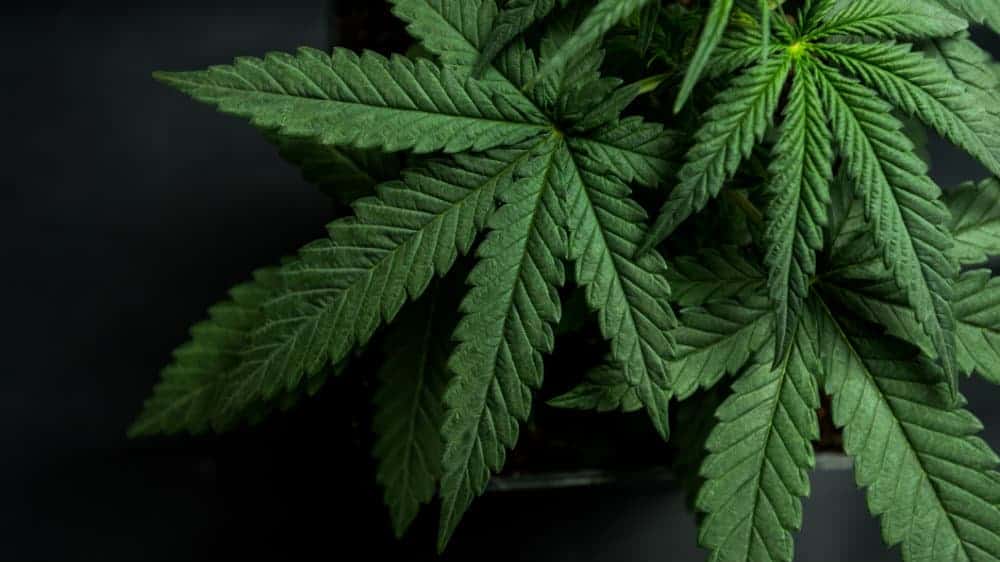You are here
Home 🌿 Marijuana Business News 🌿 Could the U.S. Hemp CBD Market Fail Canadian Cannabis Stocks Too? 🌿Could the U.S. Hemp CBD Market Fail Canadian Cannabis Stocks Too?

Canadian cannabis stocks are going through a rough patch, as investors are frustrated by the slowdown in pot sales growth, and the companies have largely blamed a slower-than-necessary retail store rollout to directly compete with the well-established underground marijuana market for customers.
Per-gram prices are falling, while market leader Canopy Growth made a $32.7 million provision for restructuring charges, product returns, and price adjustments after struggling to push its oils and capsules, as demand has proven to be much lower than previously anticipated.
Actually, OrganiGram Holdings is facing a similar challenge with its cannabis extracts too and prices are plummeting and channel inventory volumes are spiking, as demand lags supply in the provinces
That said, the passing of the U.S. Farm Bill of 2018 opened a new market and growth opportunity for Canadian cannabis firms who were constrained by federal regulation from conducting any marijuana-related business down south.
The recognition of hemp (a marijuana family plant) as a crop in America allowed Canopy to pour millions in hemp cannabidiol (CBD) extraction establishments, Village Farms International and Cronos Group have also made moves into the opened up market and are investing in hemp operations there, while Aurora Cannabis and Aphria have ambitions of entering that market, too.
But the U.S. Food and Drug Administration (FDA), an agency seized with the safety and protection of consumers from potential harm from food staffs and drugs, came out all guns blazing on November 15 to make stern warnings while descending heavily on 15 identified CBD marketers for violations of some legal provisions.
The agency claims that studies in animals have shown that CBD could impair sexual potency in males and the cannabinoid could cause some liver damage, among other negative side effects. These are serious issues, even if marijuana has been illegally used for centuries without public reports of these things actually happening.
That said, the most worrying enforcement issues in the FDA statement were compliance issues where marketers are accused of illegally marketing the cannabis extract for treatment of diseases of for other therapeutic uses for humans and animals without regulatory approvals.
Other violations included the marketing of CBD as a dietary supplement and adding the product to human and animal foods before conclusive research is done to support such activities. This could make it very complex for hemp operators to generate revenue, as it’s not clear how the cannabinoid should be extensively marketed as a health and wellness product with all these restrictions.
Only one CBD product was approved as a pharmaceutical drug in June 2018, and that was Epidiolex by GW Pharmaceuticals for the treatment of rare and severe epilepsy. GW Pharmaceuticals has been researching on cannabinoids since 1998, and it could take the new market entrants some good years to have their competing products approved by the FDA.
Hopefully, the decades of cannabinoid research from Israel and other parts of the world could help fast track regulatory approvals, but until that day, the legal mass marketing of the product could face legal challenges and the rate of market growth in America could be slowed down by regulation, just as in Canada.
Canopy Growth and peers have to find ways of marketing the hemp extract without attracting the FDA’s all watching eye, but as it appears, options are limited,
420 Intel is Your Source for Marijuana News
420 Intel Canada is your leading news source for the Canadian cannabis industry. Get the latest updates on Canadian cannabis stocks and developments on how Canada continues to be a major player in the worldwide recreational and medical cannabis industry.
420 Intel Canada is the Canadian Industry news outlet that will keep you updated on how these Canadian developments in recreational and medical marijuana will impact the country and the world. Our commitment is to bring you the most important cannabis news stories from across Canada every day of the week.
Marijuana industry news is a constant endeavor with new developments each day. For marijuana news across the True North, 420 Intel Canada promises to bring you quality, Canadian, cannabis industry news.
You can get 420 Intel news delivered directly to your inbox by signing up for our daily marijuana news, ensuring you’re always kept up to date on the ever-changing cannabis industry. To stay even better informed about marijuana legalization news follow us on Twitter, Facebook and LinkedIn.




